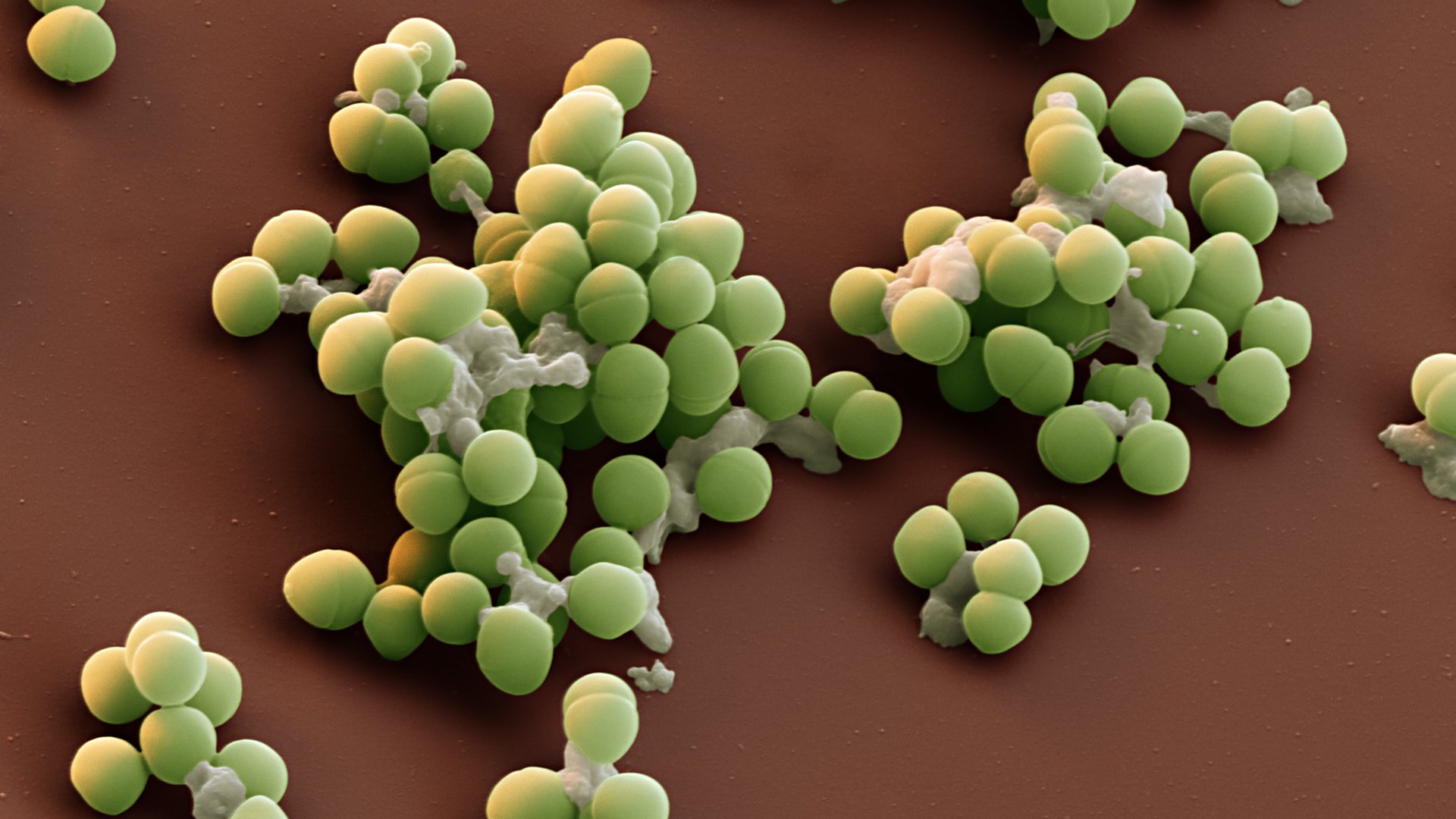Unicellular organisms are made up of only a single cell. There are millions of kinds, from yeasts to algae and bacteria, but there are also little unicellular animals, such as the ‘slipper animalcule’.
Unicellular organisms are made up of only a single cell. There are millions of kinds, from yeasts to algae and bacteria, but there are also little unicellular animals, such as the ‘slipper animalcule’.
with or without nucleus
Unicellular organisms can be prokaryotes or eukaryotes. Prokaryotes do not have cell nuclei: their structures are simple. Bacteria and archaea are all unicellular prokaryotes. Eukaryotes do have cell nuclei and their structures are more complex. Yeasts and algae are examples of unicellular eukaryotes. Unlike prokaryote cells, eukaryote cells have organelles, cell organs fulfilling important functions in the cell. This is why these cells are for the most part larger than prokaryote cells.
How many cells have you got?
Human cells are also eukaryote but, because we are made up of more than one cell, we are multicelluar organisms. The human body is made up of about 10,000 billion cells in all, 1,400 times the total number of people on the planet.

